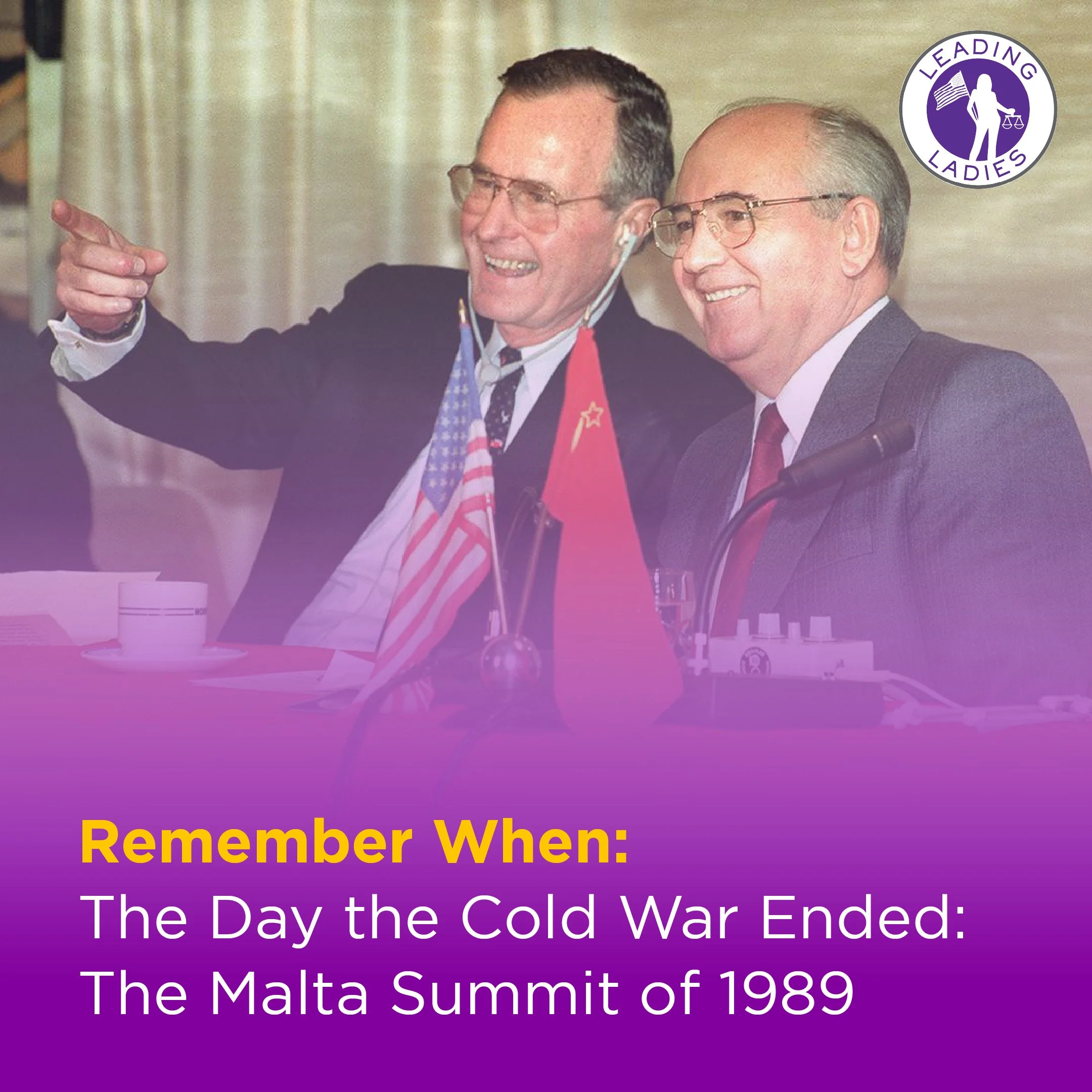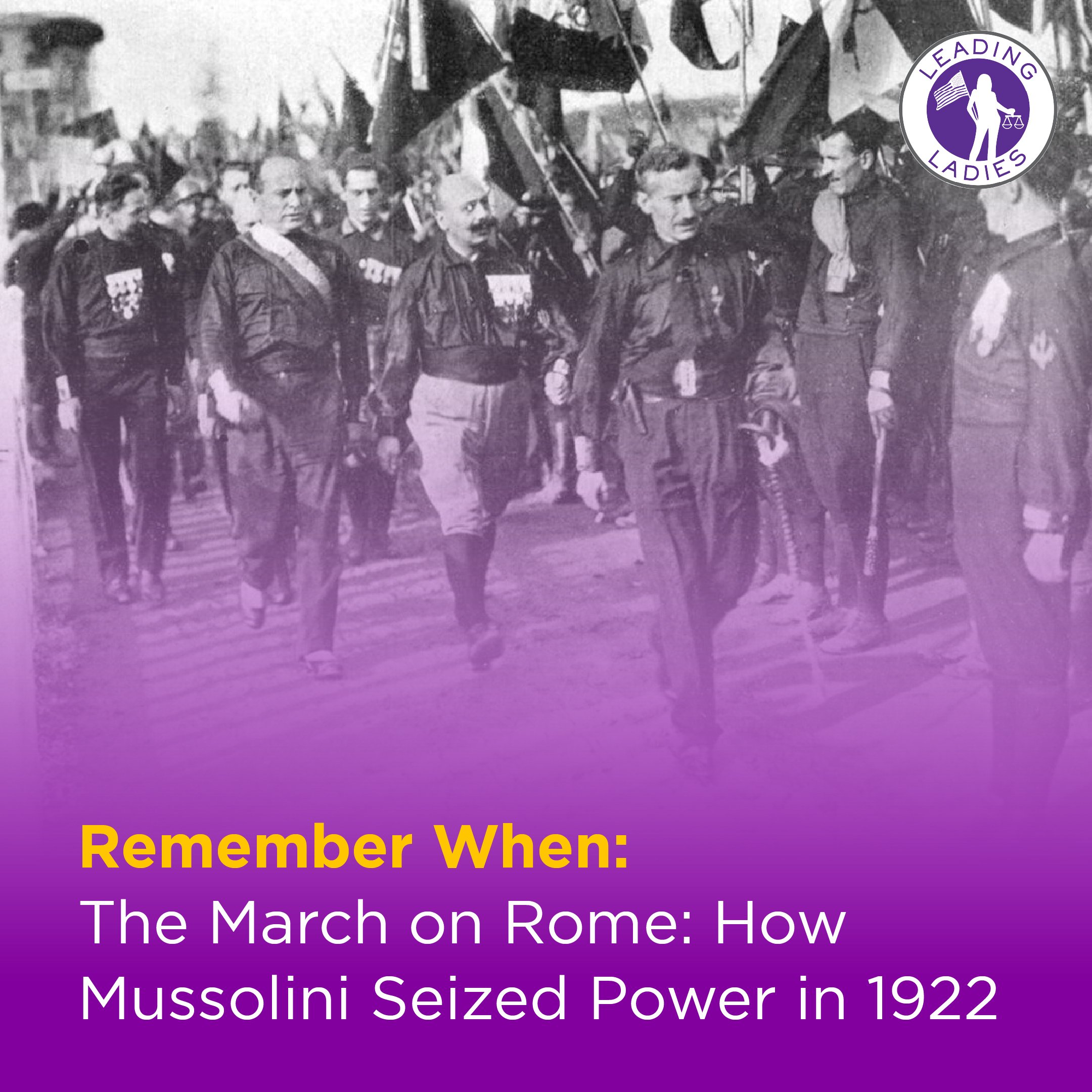Social Media Posts
Breaking Barriers: Willie Brown's Historic Election as San Francisco's First Black Mayor
On December 15, 1995, San Francisco marked a watershed moment in its history as Willie Lewis Brown Jr. was sworn in as the city's 41st mayor, becoming the first African American to hold the position. The inauguration, held at the Yerba Buena Gardens, represented not just a personal triumph for Brown, but a significant milestone in the city's journey toward greater diversity and inclusion in political leadership.
Pew Research Reveals Complex American Attitudes on Immigration Reform
In a revealing study by Pew Research Center, Americans demonstrate nuanced and sometimes seemingly contradictory views on immigration policy. While concerns about illegal immigration run high, a majority of Americans support creating legal pathways for undocumented immigrants under certain conditions.
The Day the Cold War Ended: The Malta Summit of 1989
On a stormy December weekend in 1989, two world leaders met aboard a ship in the Mediterranean Sea near Malta for what would become one of the most significant diplomatic encounters of the 20th century. President George H.W. Bush and Soviet leader Mikhail Gorbachev came together at a pivotal moment, as the Berlin Wall had fallen just weeks before and revolutionary changes were sweeping across Eastern Europe.
Pew Research: What Trump supporters believe and expect
With Donald Trump’s victory in the Nov. 5 presidential election, he is poised to make sweeping policy changes at home and abroad. What do the voters in Trump’s coalition want? How do they view the country and its challenges? Here’s what we know from Pew Research Center’s pre-election surveys over the past year.
Louisa May Alcott: Rebel, Writer, Revolutionary
On November 29, 1832, in Germantown, Pennsylvania, a literary star was born. Louisa May Alcott would grow up to become one of America's most beloved authors, though she likely never imagined her semi-autobiographical novel "Little Women" would still captivate readers nearly two centuries later.
Remember When: The 272 Words That Changed America
On a chilly November afternoon in 1863, President Abraham Lincoln delivered what would become one of the most significant speeches in American history. The occasion was the dedication of the Soldiers' National Cemetery in Gettysburg, Pennsylvania, just four months after the brutal Battle of Gettysburg had claimed over 50,000 casualties.
Breaking the Marble Ceiling: Nancy Pelosi’s Historic Leadership in Congress
In November 14, 2002, American politics witnessed a watershed moment when Nancy Pelosi was elected House Democratic Leader, becoming the first woman to lead a major political party in either chamber of Congress. This breakthrough marked the beginning of a remarkable journey that would later see her ascend to become the first female Speaker of the House in 2007.
Pew Research: The Critical Role of Poll Workers in American Democracy
As we approach another major election, millions of Americans are heading to their local polling places to cast their ballots. Behind each successful election stands an army of dedicated poll workers—everyday citizens who play a vital role in our democratic process. Recent research from Pew Research Center sheds light on these essential workers and the challenges they face.
The Birth of Public Broadcasting: LBJ’s Vision for American Media
On a crisp autumn day in 1967, President Lyndon B. Johnson took a historic step that would forever transform America's media landscape. With the stroke of a pen, he signed the Public Broadcasting Act, establishing the Corporation for Public Broadcasting (CPB) and laying the foundation for what would become PBS and NPR.
Pew Research: Americans Broadly Agree: Immigrants Take Jobs Others Don't Want, New Study Shows
A recent Pew Research Center survey reveals a striking consensus among American voters about immigrants' role in the U.S. labor market. The August 2024 study found that three-quarters of registered voters believe undocumented immigrants primarily fill jobs that American citizens don't want, while 61% say the same about legal immigrants.
The Authoritarian Playbook: Recognizing Threats to Democracy
The erosion of democratic norms and institutions often occurs gradually rather than through sudden coups. Understanding the tactics used by aspiring authoritarians is crucial for preserving democracy. This post outlines seven key strategies employed in the modern authoritarian playbook.
The 2024 Economic Debate: Unraveling Trump and Harris's Policies and Their Potential Impact
As we approach the 2024 presidential election, the U.S. economy remains a heated topic in debates and a top concern for American voters. Recent polls and economic data paint a complex picture of the current situation and future projections under potential leadership.
The March on Rome: How Mussolini Seized Power in 1922
On a crisp autumn morning in October 1922, thousands of black-shirted men descended upon Rome. Their synchronized march would forever change the course of Italian history. This was no spontaneous uprising, but rather a carefully orchestrated power grab by Benito Mussolini and his National Fascist Party that would transform Italy into the first fascist state in Europe.
The Cuban Missile Crisis: 13 Days That Brought the World to the Brink
In October 1962, the world held its breath as the United States and the Soviet Union engaged in a tense nuclear standoff that would become known as the Cuban Missile Crisis. For thirteen days, humanity stood closer to nuclear war than at any other point in history.
Trump's Rhetoric and the Warning Signs of Fascism: A Comparative Analysis
Recent statements by former President Donald Trump have drawn alarming comparisons to historical fascist rhetoric. This analysis examines these parallels in light of recognized early warning signs of fascism.
Pew Research: Union Voters - A Key Constituency in the 2024 Presidential Election
As the 2024 presidential election approaches, both major parties are vying for the support of a crucial voting bloc: union members. A recent Pew Research Center study sheds light on the importance of union voters and their potential impact on the upcoming election.
Celebrating 84 Years of the 40-Hour Work Week: A Look Back and Forward
Today marks a significant milestone in American labor history. On October 24, 1940, exactly 84 years ago, the Fair Labor Standards Act (FLSA) went into full effect, establishing the 40-hour work week across the United States. This pivotal moment reshaped the American workplace and continues to impact our lives today.
Voter Information and Early Voting
Early voting for the 2024 election is now underway across much of the United States, offering voters increased flexibility and convenience in casting their ballots. As shown in the list below, start dates for early voting vary widely by state, with some beginning as early as September and others kicking off throughout October.
10/17: 93 Years Ago Today: The Fall of Al Capone
On this day in 1931, one of the most notorious gangsters in American history, Alphonse "Al" Capone, was convicted of tax evasion. This landmark case marked the downfall of the infamous Chicago mob boss and demonstrated the power of financial investigations in bringing down criminals who seemed untouchable through traditional law enforcement methods.
Pew Research: Sharp Decline in U.S.-Mexico Border Crossings
In recent months, the landscape of migration at the U.S.-Mexico border has undergone a dramatic shift. According to a new analysis by the Pew Research Center, the number of migrant encounters at the border has plummeted in 2024, marking a significant change from the record highs seen at the end of 2023.




















